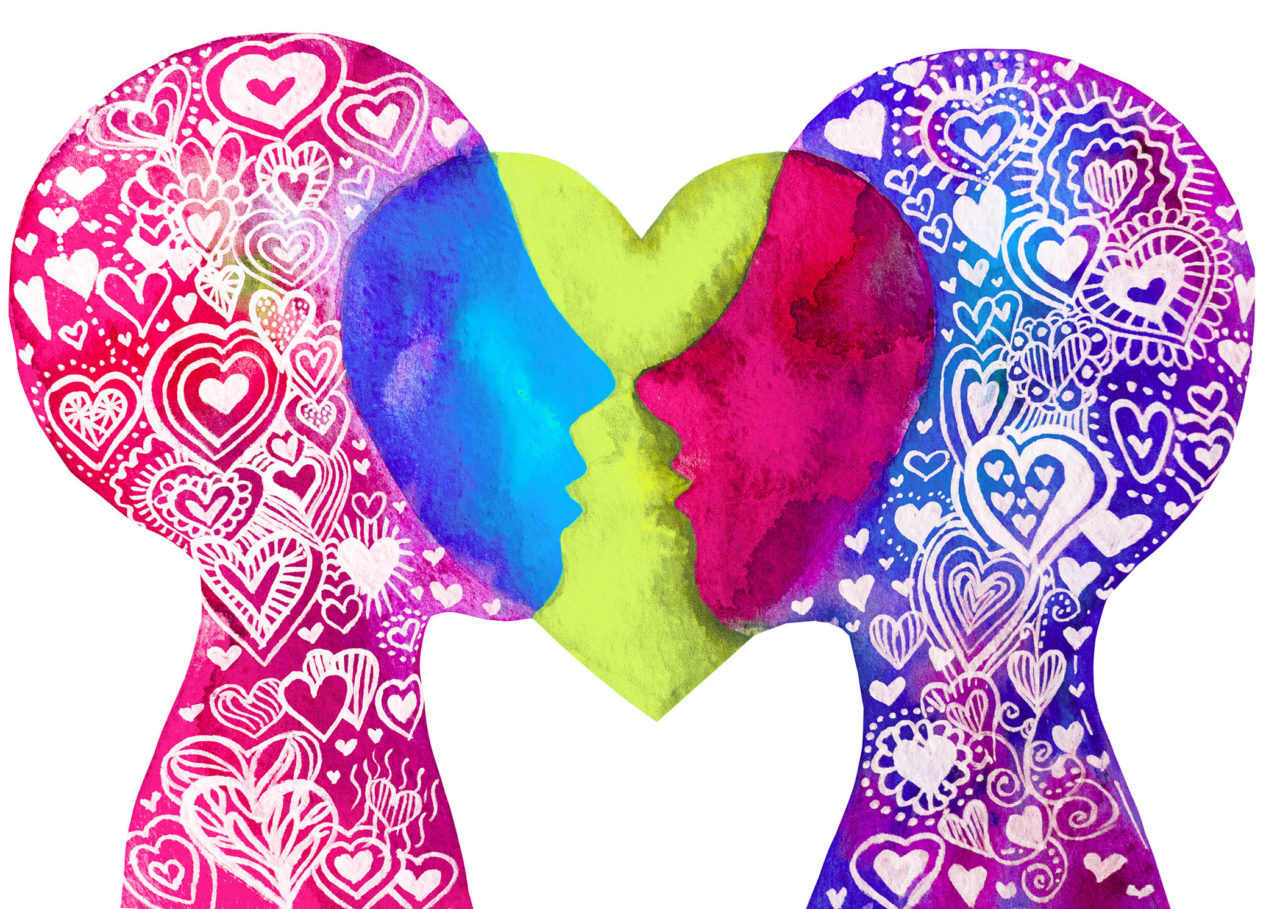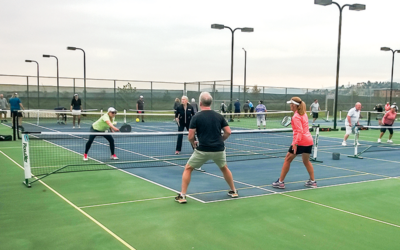by J. Ken Conte
In the roughly 350,000 years anatomically modern humans have roamed the earth, we have always done so in tribes, packs and pairs. Yes, there are the outliers who live on their own, but they are the exception, not the rule.
We, as humans, need human interaction and contact from the time we are born. That human contact, communication and how we relate to one another can become more difficult as we survive the awkwardness of middle school and high school, and transition into adulthood. The relationships we have and how we react to others is shaped by our genetics, family structure and the media we consume on a daily basis. Who hasn’t seen a romantic movie or read a romance novel at some point in their life and thought, “That could happen to me”?
Sometimes, in the beginning of the relationship, it feels like we were made for each other, that we’re soulmates and couldn’t possibly live without each other. Add careers, kids and finances into the mix, chances are, it can be hard to recall those early days of blissful ignorance, of that initial feeling that sustains and propels a relationship. It turns out that it takes work to keep a relationship thriving. That work looks different for every person.
In 2020, we can all strive toward having better relationships at home, at work and with our friends. But what are the keys to having and maintaining healthy relationships? We spoke with four experts in their fields of human behavior and two common themes emerged: communication and working on yourself first. We go into detail with each expert, and they all have uniquely different perspectives.
Larry Denmark, Rabbi/Psychologist, Depression and Bipolar Clinic of Colorado September will mark the 50th anniversary of Dr. Denmark practicing as a therapist. He has talked with and treated thousands of people over the years, including couples, and has insight from a humanistic—as well as anecdotally proven—perspective.
“Everyone is really busy these days; we all have a lot of different parts of our life that pull us in different directions. We need to make time for our significant other so we can speak in paragraphs and not just in half sentences. Make a date night every week—not just in hard times, but every week. Relationships aren’t like cactus—you can’t just water them every now and then and they still survive. They are more like roses that need constant attention and water. Dinner every week, just the two of you, makes it so you both get to see all the stops along the way,” says Denmark.
He continues: “In the words of Tom Cruise from the 2012 movie Jack Reacher, ‘You wanted this.’ You picked this person. Who you are currently and who you were as a child gives you the unique opportunity to work out the things in yourself that might make it hard. Admitting your part regularly can have a huge impact on a relationship, and acceptance, especially of yourself, can act like Miracle Grow on a relationship. None of this is easy, but it shouldn’t be a slog all the time, either. If you end up in a stalemate, it is time to talk to someone together. You should run, not walk, because that is when it can get really tricky.”
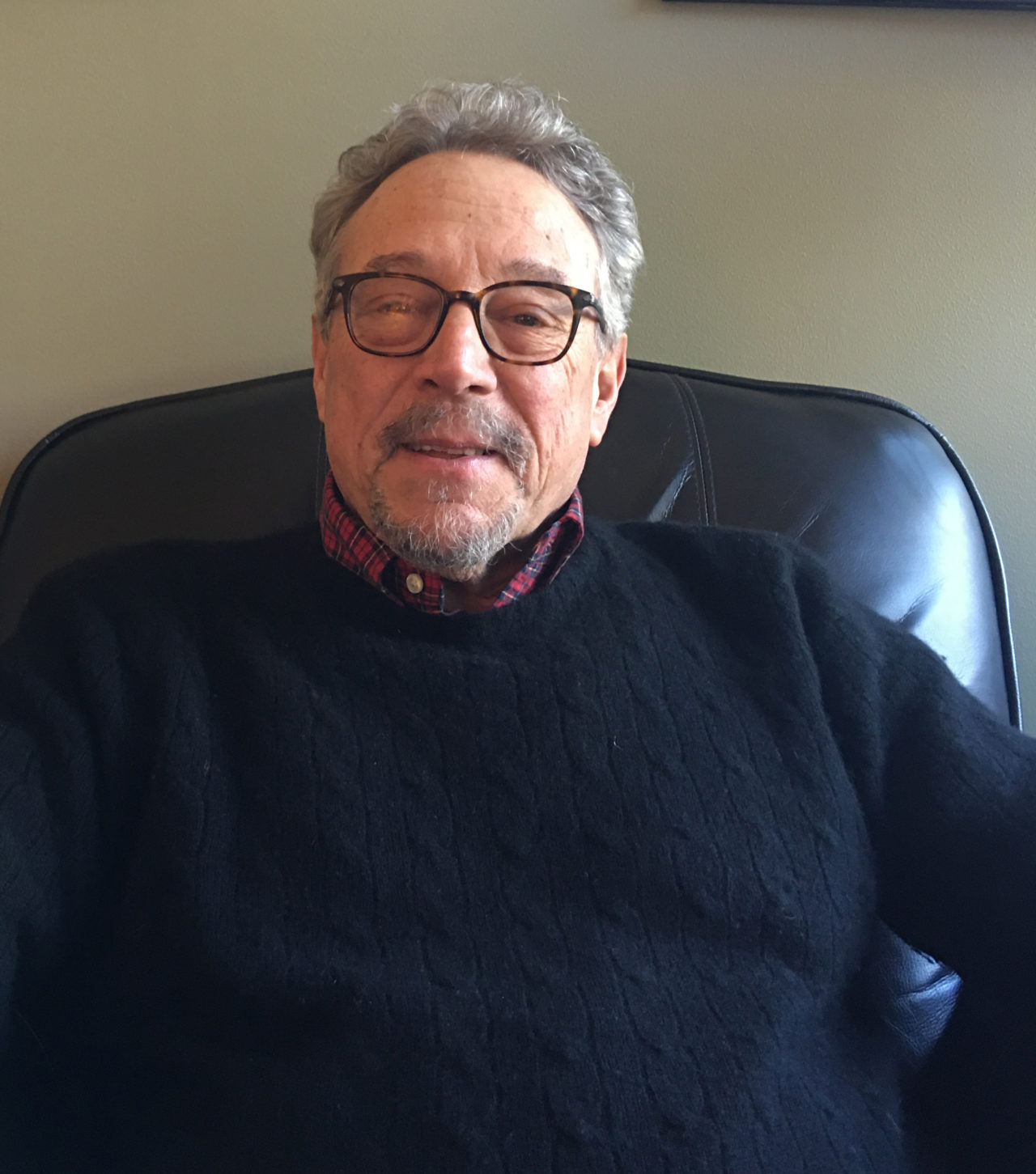
“Everyone is really busy these days; we all have a lot of different parts of our life that pull us in different directions.”
—Larry Denmark
Ali Duncan, Visibility Coach/Healer/Spiritual Guide
Duncan uses her life experience to help people find their highest vibration through multiple modalities, including Reiki, yoga, cranial sacral work and Tantra. She has guided hundreds of people through the darkness to the other side.
“People tend to call someone to them to fill a void in their life. The most important part of being in a relationship with someone else is being OK with who you are. The term ‘they complete me’ is a big red flag. That means that without them you are broken. You are good enough; you are complete without them,” says Duncan.
She goes on to say: “One exercise I like to have people do is make a list of what they are looking for in a partner, and then strive to be that. It is powerful to see what our expectations are, how we are setting ourselves up, and how we can be our best selves. There are a lot of great questions to ask when we are getting what we want: Why do I feel this? Why do I want this? What can I take away from it? The Universe sends people to us for a variety of reasons, but typically they fall into one of three categories: We have people sent to us that can help us heal, remind us of things or expand our consciousness. We just need to decide whether the person we are with is the person we want to learn this with.
The assignment will always be the same, regardless of the person you are with, because you are always the common denominator.”
Duncan also brings in numerology and the idea of masculine and feminine. “Everyone has a number, and if they are off, it’s best to know that. I see couples that have no idea why they are butting heads, and when we look at their numerology, it becomes obvious. That is true with people being in the masculine or feminine as well. Just knowing where we are in relation to each other can give the relationship a lot of perspective.”
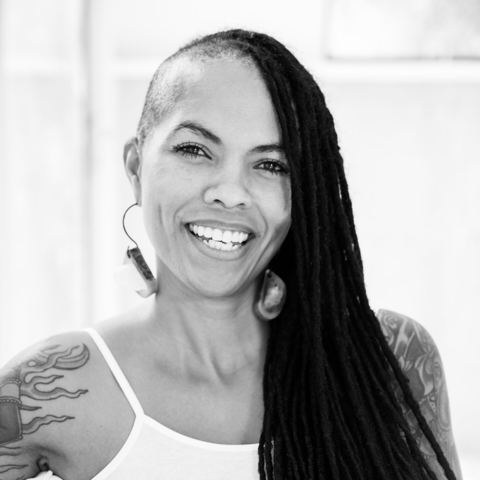
“The most important part of being in relationship with someone else is being OK with who you are.”
—Ali Duncan
Chuck Hancock, Licensed Professional Counselor/EMDR Level II Practitioner, Inner Life Adventures
Chuck Hancock is a former software-engineer-turned-therapist who has been practicing for over a decade. He encourages experiential time outdoors as part of his therapy.
“We need to carve time out of our busy schedules for conversations about the relationship and for fun together, like date night. We need to be given permission by our friends and/or spouse to check in, in an authentic way. That way, we can say what is working, what is not. This works with partners as well as family members. If we have shared agreements and guidelines that we have mutually agreed upon, it helps to keep relationships from going off the rails,” says Hancock.
“Remember what had you both come together in the first place. Try to cherish and name very specific things that the other person is doing, speaking kindly. Empowering each other to pursue what they want in the relationship—but also in life—is very helpful for longevity in a relationship. If you revisit an issue more than three times, it makes sense to get another person’s perspective. Remember, a relationship will never be perfect, and it will never be right 100 percent of the time. Always come back to the heart space, and a place of love tends to lead us all in a better direction.”
Mandy Bishop, Certified Nature Connected Life Coach, Earth-Based Institute
Five years ago, Bishop suffered a spinal cord injury that left her paralyzed from the neck down. She recovered almost fully and is now a dancer, gardener, herbalist and life coach.
“It is easy to focus on the other person in a relationship—but that can be a trap. The first person we should focus on is ourselves. What is your relationship like with yourself? How do you talk to yourself? How is your relationship with the earth? The answers to these questions can often indicate how we will relate to other people as well. If there is no foundation in ourselves, it will be hard to develop a sustainable, healthy relationship with another person,” says Bishop.
She continues: “The other piece that is fascinating is looking to a relationship to heal ourselves. ‘If only I was in a relationship, then everything would be OK.’ Phrases like that are common. The only way we can be at peace with others is to be at peace with ourselves. How we are in relationship to ourselves and the land is indicative of what our capacity will be within a relationship with another. One really affects the other. Do we take, expect and demand or acknowledge and give back? Just the simple act of expressing gratitude can begin to shift a lot within our
relationships.”
When it comes to friendships, Bishop has some insight as well: “Friendships can be very similar to intimate relationships. We grow attached; we have expectations, even in friendships. The key to a loving and supportive friendship is not being over-reliant, clearing time for the other person, being present and to practice listening, which in this age of technology and short attention spans takes a lot of conscious effort and practice.”
By keeping these insights in mind, 2020 can be a great year for relationships. We can look at where we are in our own lives, be thankful for what we have and act kindly from the heart.
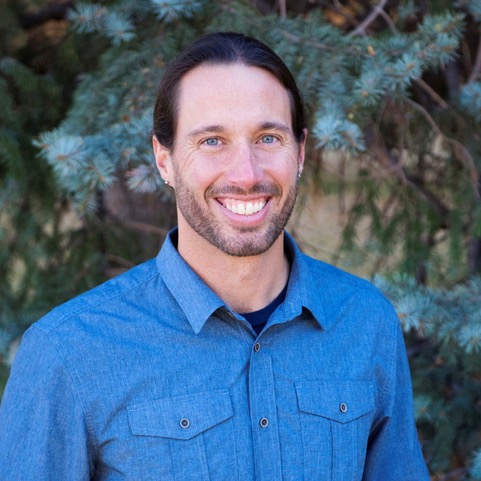
“Remember what had you both come together in the first place.”
—Chuck Hancock
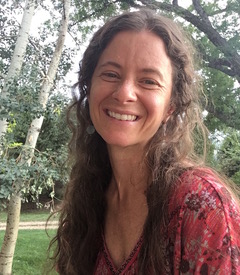
“It is easy to focus on the other person in a relationship—but that can be a trap.”
—Mandy Bishop

